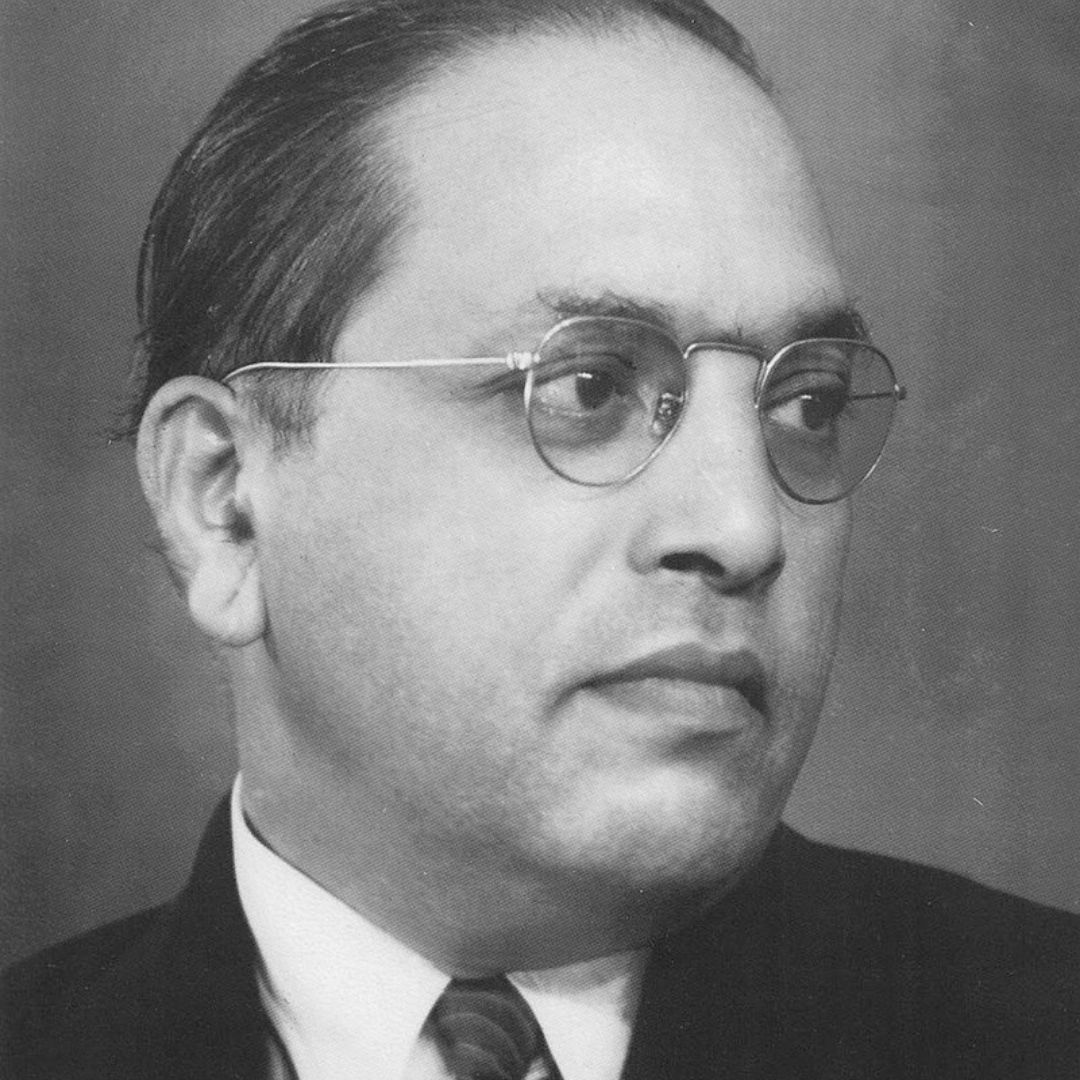
Image Credit: Wikipedia
BR Ambedkar's Warning Against Bhakti Culture And How Relevant Is It Today?
Writer: Ratika Rana
Her primary objective is to inform, promote, educate and cultivate readers through writing.
India, 6 Dec 2021 11:50 AM GMT
Editor : Ankita Singh |
A literature lover who likes delving deeper into a wide range of societal issues and expresses her opinions about the same. Keeps looking for best-read recommendations while enjoying her coffee and tea.
Creatives : Ratika Rana
Her primary objective is to inform, promote, educate and cultivate readers through writing.
In BR Ambedkar's last speech in the Constituent Assembly, he spoke about what and how India could maintain its democracy and warned against conforming to hero-worship and being content with mere political democracy.
Dr BR Ambedkar was the leading architect of the Indian Constitution. While the first meeting for forming the Constitution was held on December 6, 1946, Dr Ambedkar took charge of the drafting committee on August 29, 1947. Ambedkar's prediction of a successful Constitution was that it would not promote any inequality to oppressed or suppressed communities.
Constitutional morality was of paramount importance to him. He actively advocated for "reverence for the forms of the Constitution, enforcing obedience to authority acting under and within these forms, yet combined with the habit of open speech, of action subject only to definite legal control, and unrestrained censure of those very authorities as to all their public acts", The Indian Express reported.
The Warnings Of Babasaheb Ambedkar
However, on the final day of the Constituent Assembly on November 26, 1949, he expressed his fears about the misgivings of the Constitution. He warned the country and its citizens for India to maintain its democracy. First and foremost, he said, "When there was no way left for constitutional methods for achieving economic and social objectives, there was a great deal of justification for unconstitutional methods. But where constitutional methods are open, there can be no justification for these unconstitutional methods". He called upon the citizens to abandon the grammar of anarchy and said that the sooner the citizens did it, the better it was for all.
Secondly, he warned against hero-worship and said that a personality cult prevails if the citizens commit to a hero. He clarified that though it was not wrong to admire the leaders, he feared investing vast powers in those leaders and accepting their decisions uncritically. Ambedkar was well-aware that Bhakti, or hero-worship, played a crucial role in Indian politics. Therefore, he said that while Bhakti in religion could be the path to soul salvation, Bhakti in politics was a road to degradation and eventual dictatorship.
Lastly, Ambedkar mentioned that the citizens should not be content with the mere political democracy but should aspire for social democracy as well. He viewed that political democracy could not survive without a base of social democracy.
The question is to sit back and think and wonder how the warnings are relevant in today's times. The political framework in the country has changed several times in the last two decades. As citizens of the world's largest democracy, it might be a good time to question how relevant is constitutional morality and social democracy is in contemporary times.
Also Read: The Nagaland Conundrum: Who Is Fighting Against Whom, And Why?
 All section
All section














